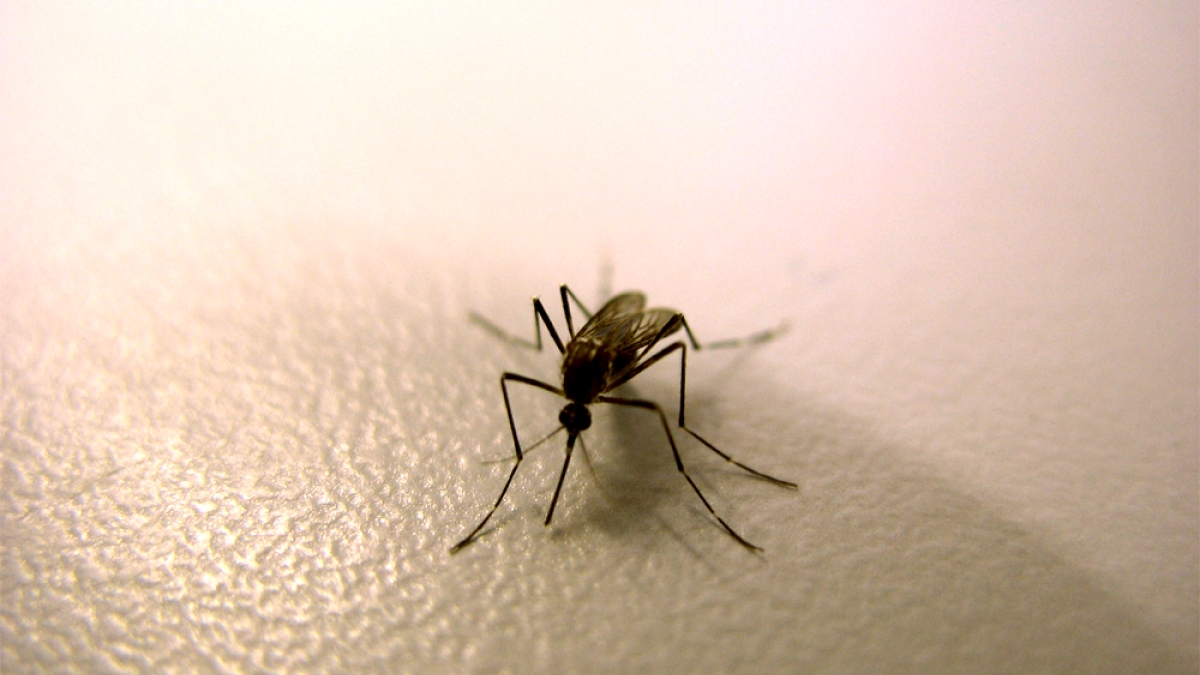An ASU researcher has helped hit on a new reason to fight infectious diseases: Reducing their prevalence can be linked to an increase in gender equality.
Arizona State University psychology professor Michael Varnum, along with his partner Igor Grossmann from the University of Waterloo in Ontario, Canada, have produced a study that suggests that “vaccinations, free health care, public sanitation and water treatment might increase equality between the sexes around the globe,” according to a release from the journal Nature Human Behavior, which published their work Monday.
The authors, the release said, made sure to note that their analysis doesn’t prove causality. But it shows that over several decades “when levels of infectious disease are low, people are more likely to adopt slower life history strategies. For women, this might mean delaying reproduction in favor of pursuing education and careers,” the study states.
Varnum discusses his research in a Q&A with ASU Now.
Question: Can you describe your research?
Answer: We tried to find out why societies may change in terms of levels of gender equality. We tested the idea that these kinds of shifts are due to changes in the physical and social environment. We found that the strongest predictor of levels of gender equality over time was the prevalence of infectious disease.
Q: This certainly sounds interesting, connecting infectious diseases to gender equality. Is it groundbreaking? Or does it confirm something we previously suspected?
A: Although previous work had shown that variations across countries in gender equality are linked to level of disease, this project was the first to test the relationship over time. So although there was some reason to suspect such links, this was the first time anyone tested them as a way to understand cultural change.
Q: What led you to examine this link?
A: We'd previously published a study looking at what factors were responsible for shifts in individualism in the U.S., where we also looked at a number of ecological predictors. We felt that this kind of framework could provide new insight into understanding changes in gender equality, which has also been especially marked over the past several decades.
Q: Did you find what you expected to find? Or was it surprising?
A: What we found was pretty consistent with expectations; however, we were somewhat surprised by just how strong the relationship was.
Q: What does this finding mean? Do you think it will affect policy or create any changes in how nations, charities or NGOs operate? What might change because of this research?
A: I think this work has a number of rather interesting implications. From an academic standpoint, I think it offers a new vantage point to understand gender inequality.
For a more applied standpoint, I think this work has the fairly radical implication that efforts aimed at improving public health (be it through sanitation, providing clean water, vaccinations or mosquito control) might be a surprisingly effective means of fostering gender equality.
So I think this work highlights how such efforts have social benefits beyond their immediate impacts on people's health.
Q: What’s next?
A: We are currently using an ecological framework to try to understand the causes of other kinds of cultural shifts, including fluctuations in aggression and violent crime.
We are also open to collaborating with NGOs, government agencies and other stakeholders who might find our research useful in their own efforts to enhance equality or to understand how and why cultures change.
More Health and medicine

New study seeks to combat national kidney shortage, improve availability for organ transplants
Chronic kidney disease affects one in seven adults in the United States. For two in 1,000 Americans, this disease will advance to kidney failure.End-stage renal failure has two primary…

New initiative aims to make nursing degrees more accessible
Isabella Koklys is graduating in December, so she won’t be one of the students using the Edson College of Nursing and Health Innovation's mobile simulation unit that was launched Wednesday at Arizona…

Reducing waste in medical settings
Health care saves lives, but at what cost? Current health care practices might be creating a large carbon footprint, according to ASU Online student Dr. Michele Domico, who says a healthier…


